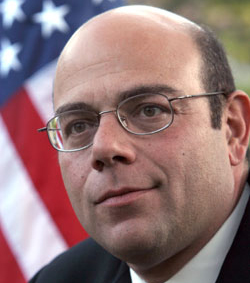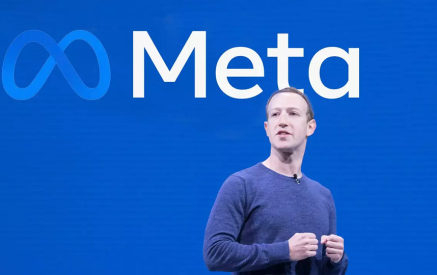I write these words as someone who:
1- was long dissatisfied with our almost exclusive pursuit of Genocide recognition on the external political front;
2- was thrilled when, about a decade ago, we started raising the issues of reparations and territorial restoration; and,
3- listens to people’s passing comments and attempts to discern emerging mindsets in our community.
I am concerned.
There is a worrisome dismissiveness rising towards our Genocide recognition, awareness rising, and commemorative activity. The most recent comment I heard, just a few days ago, was “I’m not that interested in April 24.”
Read also
No doubt but that some of this rises from fatigue. It is not easy to pursue an issue of justice and rights, decade after decade, while confronted with vicious opposition. But then, no such human problem was resolved quickly and easily. How long did it take to formally abolish slavery? Remember that even today it is still practiced covertly, tacitly, in some places and ways. How long did the U.S. civil rights struggle take to achieve its most basic, initial, aspirations? And, even today it is not fully resolved? How long did colonial, exploitative, rule or tutelage of the New World, Africa, and parts of Asia take to dismantle? How long were empires the normal, common, form of government?
But that can’t explain it all. There are other factors and drivers of this malaise, both overt and more subtle (perhaps even covert). I assert this because most of the people from whom I have heard the comments which led me to write this piece, are people who are absolutely dedicated to the betterment of our community and nation. They work in some aspect of human endeavor – athletic, business, economic, educational, environment, political, social, etc. – in the Diaspora, homeland, or both.
Some argue that pursuing U.S. government recognition is now superfluous. This may be contributing to the creation of a sense that Genocide related activity is unnecessary or passé. These people contend it has already been achieved by virtue of the 1950s reference to it in a legal filing, the resolutions that have passed a few times in Congress, President Reagan’s proclamation, etc. Unambiguousness. That’s my one word reply.
The doubt created by the U.S. State Department’s note in one of its 1982 publications= ambiguousness. Federal courts striking down California’s Genocide era insurance claims law based on federal preemption= ambiguousness. Annual mealy-mouthed presidential statements= ambiguousness. Failure to pass a “permanent” recognition resolution (vs. a one-time commemorative statement) by BOTH houses of the U.S. Congress SIMULTANEOUSLY= ambiguousness.
These are reasons why the pursuit of Genocide recognition by governmental legislative and/or executive bodies/offices worldwide, and especially in Washington D.C., capital of the world’s hyper-power, is not yet over. Plus, consider that the Genocide is a much more understandable access point to newly-elected/appointed officials as they come into office over the years. Confronting someone in high office with “I want reparations and real estate” on a first encounter is probably not the most effective approach.
Another argument is one which falsely creates a “contradiction” between Genocide recognition (and other Western Armenia related issues) and support of the Republics of Armenia and Artzakh, along with Javakhk. People who present this argument contend that doing Genocide work undermines our states’ ability to grow and prosper because of the barrier presented by Turkey. This mindset effectively extends to Azerbaijan and the ceding of Artzakh’s lands. They fail to recognize that it is EXACTLY the pressure created by demanding the 3-Rs (recognition, reparations, restoration of lands) that creates maneuvering room for our still-struggling republics. It is the argument put forth by the likes of former President Der Bedrossian or his advisor Jirair Libaridian.
Finally, there is the (happily) VERY TINY contingent which contends that we are Genocide obsessed and have to get “past” it. The sounds much like uncomprehending non-Armenians’ advice to “just get over it” – sounds much more reprehensible now, doesn’t it? This mindset is most loudly and obnoxiously represented by the likes of Meline Toumani and her book, “There Was and There Was Not” which succeeded in casting aspersions at and denigrating numerous parts of Armenian society, even Genocide survivors.
Our approach regarding Genocide recognition must be that it is an ongoing battle, more nuanced than before, and situated in a larger, broader, struggle, but one that we can not, must not, desert in the name of…whatever the excuse is.
****
Please note: On April 30th an LA-Shooshi Friendship City event is scheduled at Phoenicia Restaurant in Glendale. It will have aspects that are atypical and very positive. Consider going any time between five and nine in the evening. I’ll see you there.
Garen YEGPARIAN
























































